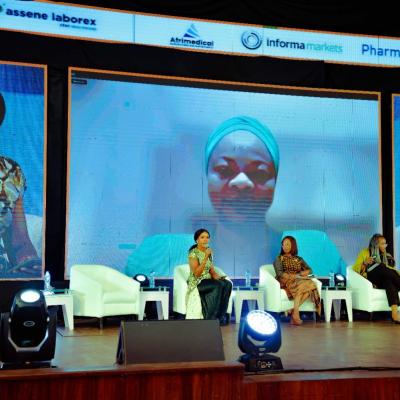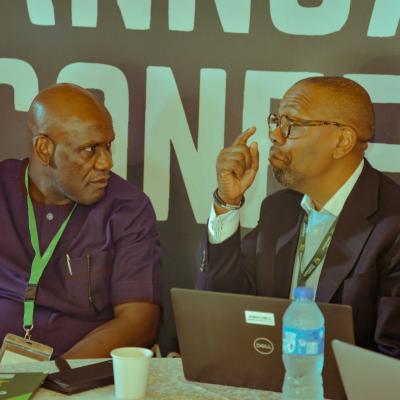Malaria, malnutrition major killer of children under 5 years
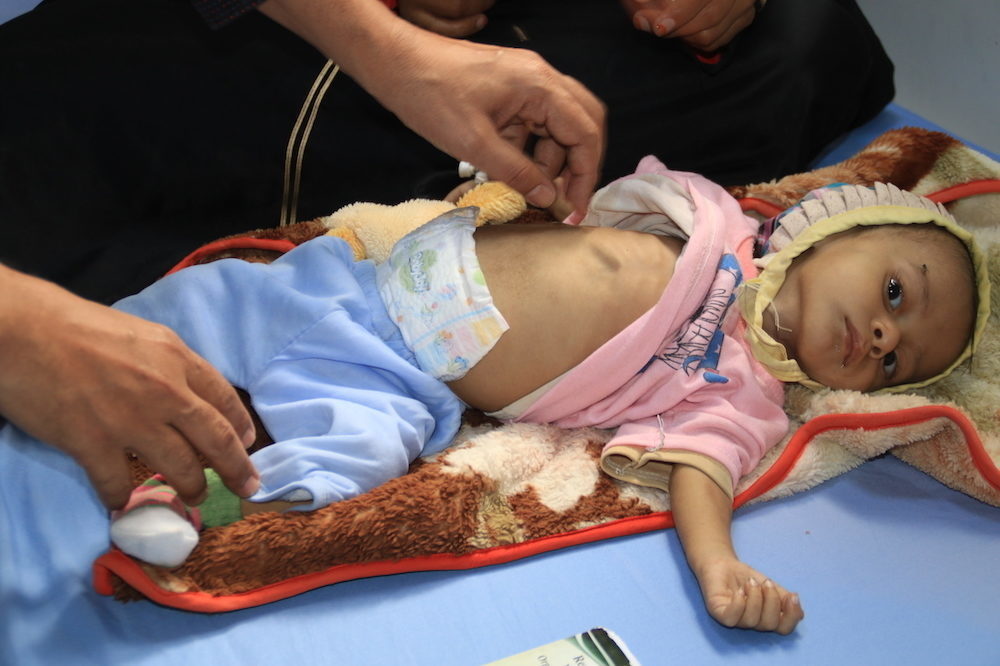 Thousands of babies are still dying daily from preventable causes – and pneumonia, diarrhea, malaria and malnutrition are killing millions of under-fives in the developing world.
Thousands of babies are still dying daily from preventable causes – and pneumonia, diarrhea, malaria and malnutrition are killing millions of under-fives in the developing world.
Progress is being made on young children’s health, with the under-five mortality rate almost cut in half since 2000. But sadly millions will still never reach their fifth birthday. In fact, children in sub-Saharan Africa are 10 times more likely to die before the age of five than children in high-income countries.
Ambode Intensifies Training of Medical Practitioners
 THE constant training and retraining of medical practitioners has been identified as a strategy that would effectively curb medical tourism the State and in Nigeria at large. Lagos State Governor, Mr. Akinwunmi Ambode It is on record that the nation loses an estimated one billion dollars annually to medical tourism mostly as a result of inadequate investment in the nation’s healthcare system.
THE constant training and retraining of medical practitioners has been identified as a strategy that would effectively curb medical tourism the State and in Nigeria at large. Lagos State Governor, Mr. Akinwunmi Ambode It is on record that the nation loses an estimated one billion dollars annually to medical tourism mostly as a result of inadequate investment in the nation’s healthcare system.
The failure of the health system is often attributed to the penchant for medical tourism embarked by prominent Nigerians, a major contributor to the current spate of brain drain, loss of confidence in the sector along with patient drain and capital flight abroad. No less than 37, 000 Nigerian doctors are in the diaspora, with about 30, 000 in the United Kingdom.
ABUTH partners Aster to end overseas medical tourism
::introtext::
Afe Babalola University Teaching Hospital, Ado Ekiti(ABUTH), has signed a Memorandum of Understanding(MoU) with one of the most prominent medical institutions, the Aster Group of Hospitals in Dubai, United Arab Emirates as part of efforts to end spending of billions of naira by Nigerians seeking medical treatments abroad.
The partnership, according to ABUAD's founder, Chief Afe Babalola(SAN) , will make the Afe Babalola Teaching Hospital and the Dubai based medical institution to partner in the areas of clinical, technical and administration to lend support for the new Teaching Hospital. The memorandum was signed in the hospital on Tuesday, where it was agreed that Aster will offer short and long terms as well as permanent partnership for smooth take off of ABUATH.
Speaking afte the memorandum was signed, Dr. Navin Pascal , who spoke on behalf of the Chief Executive Officer(CEO) of Aster, said the hospitals has subsidiaries in nine countries and had been receiving over patients from over 90 countries across the world.He said it was sad that Nigeria loses over 35,000 doctors to advanced countries due to poor remunerations, saying the trend has been affecting healthcare service in the country.
administration.What we will do is to train the doctors here so that ABUAD can be self sufficient in having experts that can perform critical operations that can make the rich and middle class Nigerians to see the hospitals
as a better alternative.
health sector”, he said.Babalola revealed that a delegation will leave for Dubai in January 26 to perfect the MoU agreement .
In this partnership, ABUTH and Aster are equal partners. Though, we agreed for long and short terms, but the memorandum may be forever
depending on its workability.
Nigerians can't afford to be spending so much on medical tourism and I have faith that this partnership will make the country to be a leading nation in healthcare services.He said the breaking down of medical equipment in critical areas like dialysis , oncology and cardiology was becoming embarrassing,urging Aster to bring in experts in biomedical engineering to train the experts in ABUATH to prevent such from occurring in the hospital.
Source: Guardian
::/introtext::::fulltext::::/fulltext::
Enugu Issues Red Alert Over Lassa Fever Outbreak in Ebonyi
 Enugu State government has urged residents to be vigilant, following the fresh outbreak of Lassa fever in Ebonyi State.The Commissioner for Health, Dr. Fintan Ekochin, made the appeal yesterday.He said although the disease has not been reported in the state, there were concerns about those who travel to and from Ebonyi.
Enugu State government has urged residents to be vigilant, following the fresh outbreak of Lassa fever in Ebonyi State.The Commissioner for Health, Dr. Fintan Ekochin, made the appeal yesterday.He said although the disease has not been reported in the state, there were concerns about those who travel to and from Ebonyi.JUTH crisis deepens as doctors protest with mock coffin
 The crisis in Jos University Teaching Hospital, deepened on Wednesday when about 400 Resident Doctors protest on the streets with a mock coffin. As early as 8:30am, the aggrieved doctors had laid siege to the complex of JUTH complaining about the dictatorial tendencies of its Chief Medical Director, Prof. Edmund Banwat.
The crisis in Jos University Teaching Hospital, deepened on Wednesday when about 400 Resident Doctors protest on the streets with a mock coffin. As early as 8:30am, the aggrieved doctors had laid siege to the complex of JUTH complaining about the dictatorial tendencies of its Chief Medical Director, Prof. Edmund Banwat.
NAFDAC to Commence Nationwide Campaign Against Fake, Substandard Drugs
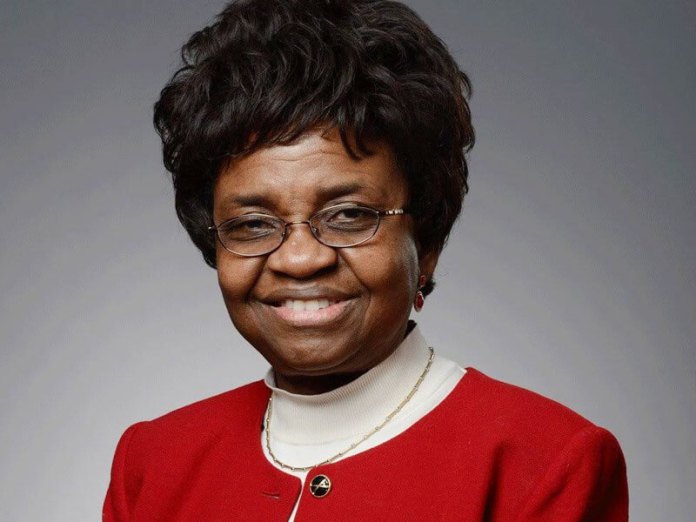 The National Agency for Food Drug Administration and Control, NAFDAC says it will in March this year commence a nationwide campaign against falsified and substandard drugs in Nigeria.
The National Agency for Food Drug Administration and Control, NAFDAC says it will in March this year commence a nationwide campaign against falsified and substandard drugs in Nigeria.
WHO alerts to ‘imminent’ yellow fever epidemic in Nigeria
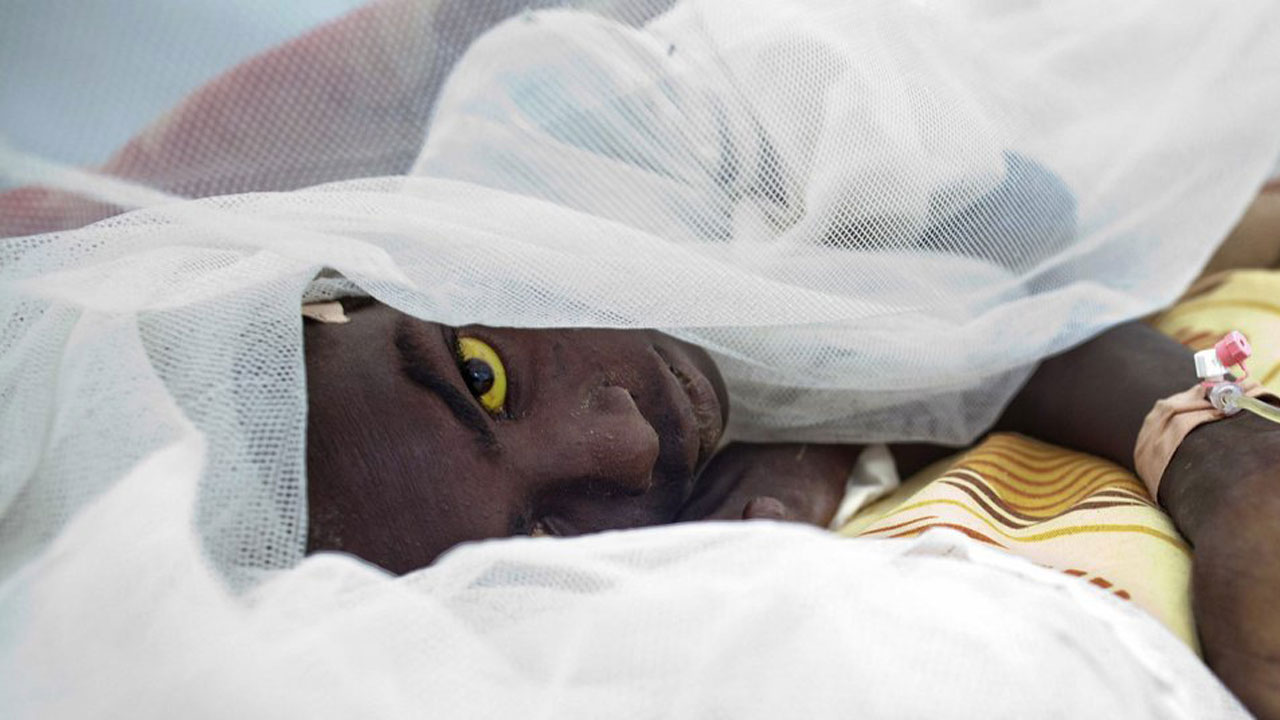 The World Health Organisation (WHO) has raised alarm over imminent ‘deadly’ epidemic of Yellow fever in Nigeria. The WHO, last month, warned that yellow fever cases throughout Nigeria are escalating concerns about the risk of large, costly, and difficult-to-control outbreaks in urban areas requiring huge supplies of life-saving vaccines and increasing the potential for large-scale national and even worldwide spread.
The World Health Organisation (WHO) has raised alarm over imminent ‘deadly’ epidemic of Yellow fever in Nigeria. The WHO, last month, warned that yellow fever cases throughout Nigeria are escalating concerns about the risk of large, costly, and difficult-to-control outbreaks in urban areas requiring huge supplies of life-saving vaccines and increasing the potential for large-scale national and even worldwide spread.
Fears that the situation in globally connected Nigeria could soon mirror the massive 2016 urban outbreak in Angola, during which cases were exported to neighboring Democratic Republic of Congo (DRC) and as far as China, are raising urgent calls for quick containment.
Ex-minister Blames Government for Poor Health Care System
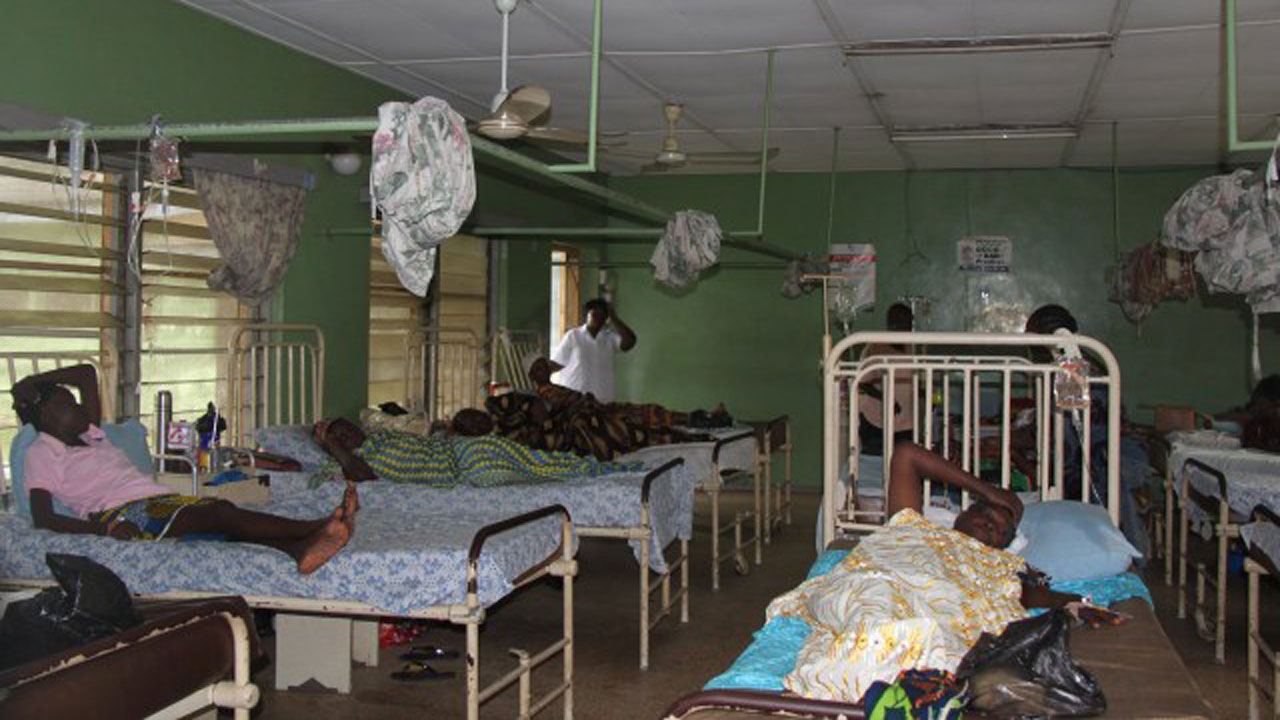 Nigeria’s former Minister of Health, Professor Adenike Grange has blamed the Nigerian governments at all levels for the poor health care delivery system in the country.
Nigeria’s former Minister of Health, Professor Adenike Grange has blamed the Nigerian governments at all levels for the poor health care delivery system in the country.
Delivering a keynote speech at the 19th Professor Bassey Andah Memorial Lecture at weekend, Professor Grange said short life expectancy caused by high infant and maternal mortality rate is one of the major challenges facing the country’s healthcare delivery system.
Failures of Nigerian Health Insurance Scheme: the way forward
 The National Health Insurance Scheme (NHIS) has been in operation for over ten years but it seems to have failed in the realization of the objectives for which it was established. Key among its failures is the non-realization of the objective of making health care available to Nigerians at an affordable cost. As at date many Nigerians still pay out of their pocket for medical expenses; a retrogressive health care funding mechanism. This has continued to drive many families to catastrophic health expenditures and poverty. There is therefore an urgent need to review the scheme with a view to finding out factors responsible for its poor performance and proffer solutions that can lead to improvement in the scheme. This is necessary in order to accelerate the expansion of the scheme to cover many Nigerians within the shortest possible time.
The National Health Insurance Scheme (NHIS) has been in operation for over ten years but it seems to have failed in the realization of the objectives for which it was established. Key among its failures is the non-realization of the objective of making health care available to Nigerians at an affordable cost. As at date many Nigerians still pay out of their pocket for medical expenses; a retrogressive health care funding mechanism. This has continued to drive many families to catastrophic health expenditures and poverty. There is therefore an urgent need to review the scheme with a view to finding out factors responsible for its poor performance and proffer solutions that can lead to improvement in the scheme. This is necessary in order to accelerate the expansion of the scheme to cover many Nigerians within the shortest possible time.
Lassa Fever: NCDC Tells Health Workers What to do While Handling Patient
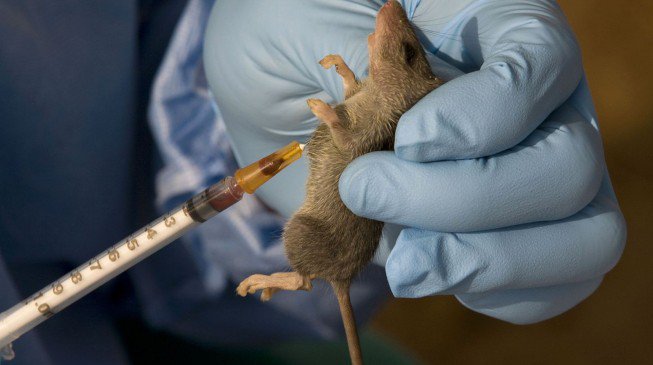 The Nigeria Centre for Disease Control, NCDC, has urged health workers across the country to strictly adhere to standard Infection, Prevention and Control (IPC) procedures while handling patients at all times and not just when Lassa fever is suspected.
The Nigeria Centre for Disease Control, NCDC, has urged health workers across the country to strictly adhere to standard Infection, Prevention and Control (IPC) procedures while handling patients at all times and not just when Lassa fever is suspected.


